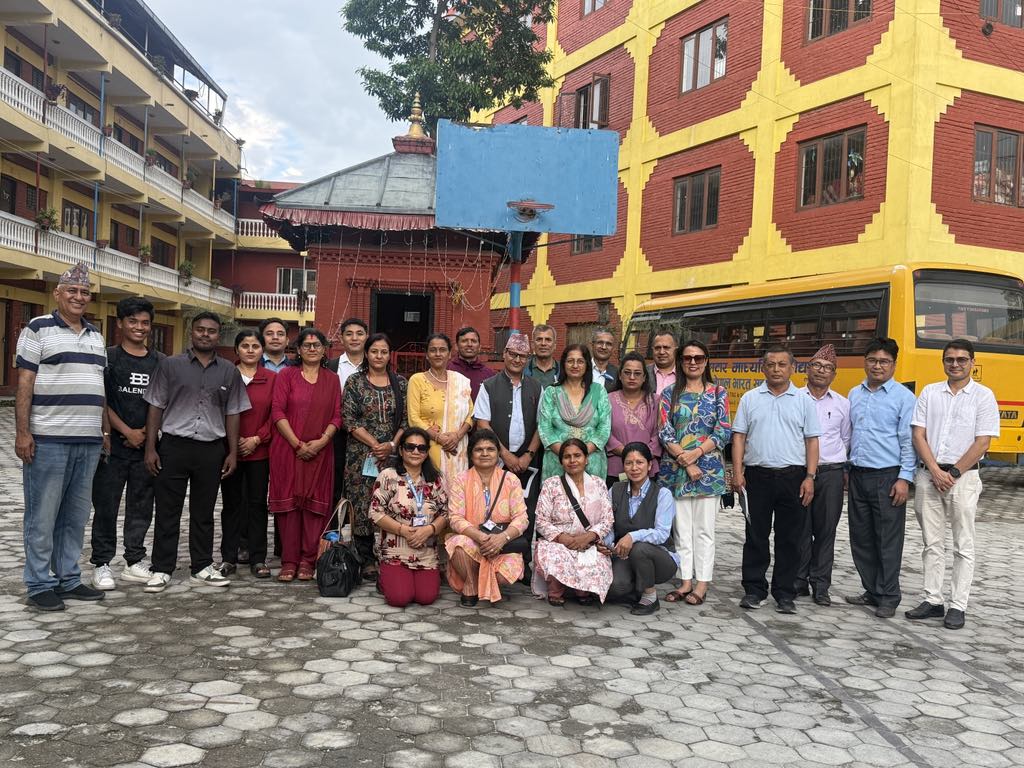LLN Hosts Interactive Program on “Stress Management and Art of Living”
Kathmandu, 12 July 2025: Legal Literacy – Nepal (LLN) successfully conducted an interactive program titled “Stress Management and Art of Living” for 20 teachers representing eight community schools operating in Tokha Municipality. The program also saw the participation of representatives from Tokha Municipality, reflecting the shared commitment to promote the mental well-being of teachers and foster positive learning environments for students.
The day began with an opening session dedicated to understanding stress in the context of teaching. Participants discussed how to identify stress and burnout, recognized the signs that often go unnoticed, and reflected on how chronic stress can negatively impact both educators and their students. The session also included guided exercises designed to help teachers manage stress more effectively in their daily lives.
In the second session, facilitators introduced the concept of the “art of living.” Discussions explored practical questions, such as whether sleeping more or less leads to a healthier life, and examined the broader dimensions of the art of living. Special emphasis was placed on acceptance—not only as a personal practice but also as a means to cultivate a beautiful mind and a fulfilling life.
The third session shifted the focus to self-care, encouraging participants to assess their current self-care habits. Teachers worked together to identify small, realistic changes they could adopt, and developed individualized plans to integrate self-care practices into their routines. This session highlighted that prioritizing one’s own well-being is essential for maintaining motivation and resilience in the classroom.
The fourth session centered on emotional intelligence, an increasingly vital skill in education. Through engaging discussions and activities, participants reflected on the importance of empathy, the ability to “put oneself in another’s shoes,” and strategies to recognize and regulate personal emotions like anger. The session concluded with an introduction to the four pillars of emotional intelligence and their relevance to teaching.
Beyond personal development, the interaction also addressed broader educational concerns. Teachers reflected on how their own well-being directly affects their students and revisited the need to avoid corporal punishment in schools. Emphasis was placed on adopting positive discipline methods that respect children’s dignity and promote a safer, more supportive learning environment.
Overall, the program provided teachers not only with knowledge and practical tools to manage stress but also with renewed perspectives on building healthier relationships—with themselves, their students, and the wider school community. LLN remains committed to supporting teachers through such initiatives, fostering schools where learning is nurtured by care, respect, and compassion.
